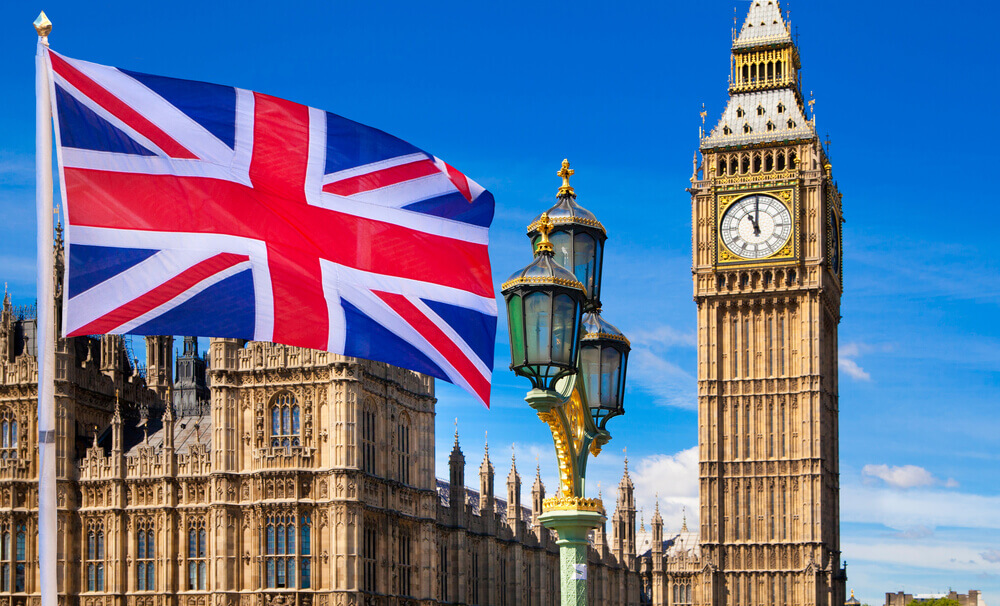
Why Is the British Pound at A Record Low?
Following the government’s announcement of a mini-budget last week, speculators hammered UK assets, sending the pound and bonds to record lows on Monday.
In addition to a very expensive proposal to subsidize energy costs for homes and companies, finance minister Kwasi Kwarteng stated on Friday that the country’s highest income tax rate would be eliminated and that a scheduled increase in corporation taxes would not take effect. As investors abandoned gilts, the yield on British government bonds exploded higher in reaction, climbing by the greatest in a single day in decades. At the same time, blue-chip stocks on the London Stock Exchange hit their lowest level since early March.
Kwarteng dismissed the pound’s decline on Sunday, saying his approach was to emphasize long-term growth rather than immediate market response. The pound hit a low of $1.0327 versus the dollar during Asian trade on Monday, its lowest at least since the start of decimalization in the early 1970s. At one time, it plummeted as much as 5%.
British Market Fluctuations
The market, in response, experienced fluctuations. In the Forex market, the pound was recently down 1.1% versus the dollar at $1.0735 and down 1.2% against the euro at 90.40 pence. On Monday morning’s stock market, the FTSE 100 increased by 0.5%, while the mid-cap FTSE 250 decreased by 0.7%. In the bonds market, the yield on two-year gilts recently increased by 43 basis points to 4.42%, while the yield on ten-year gilts increased by 28 basis points to 4.11%.
Allianz’s chief economic advisor, Mohamed El-Erian, explained that there are just two options available for the nation, one of which is Kwarteng moderating his program. This has nothing to do with energy stabilization or structural reforms that would increase productivity and growth. Instead, it has to do with additional tax cuts, which should surprise the markets on Friday.
His first option is to readjust his plan, which is politically challenging but economically necessary. The second option is for him to leave it up to the Bank of England, but in that case, because they don’t meet again until November, they would have to raise rates at a special meeting. But even that works against him.




